Alles was Sie brauchen, auf einen Blick
Unsere Erkenntnisse sind detailliert und gut recherchiert. Sie behalten den Überblick darüber, was auf dem Markt passiert, und ermöglichen es Ihnen, der Konkurrenz immer einen Schritt voraus zu sein.
Sign up to our newsletter to get exclusive insights and never miss an article.

Private Equity funds need more consultants - This article is written by Quentin, our member who moved from consulting to private equity through Movemeon.
A couple of years ago, Movemeon offered me my first experience in the private equity (‘PE’) world. I joined TowerBrook, a mid-cap private equity firm investing in SMEs in North America and Western Europe, as a Portfolio Group Associate. Having been catapulted as the first junior non-investment banker hire in the firm’s 15-year history has convinced me that the world of private equity governed solely by bankers is certainly over and that strategy consultants will play a greater role in the future.
In my view, there are (at least) 7 reasons why:
1. Financial skills are now widespread in the industry and do not represent a competitive edge anymore.
The days where only a handful of ‘geniuses’ mastered the intricacies of financial leverage are long gone. Every year, thousands of students across the globe graduate in a financial engineering-related subject. As a PE firm, shaping a team solely around those highly specific skills does not suffice any more to create a competitive edge.
2. Conversely, in a world where ‘too much money is chasing too few deals’, operational improvement stretches the field of possibilities. Private equity firms are now holding an all-time high of c. $1,300bn in ‘dry powder’, i.e. committed but non-invested capital – see chart below. As a consequence, the competition for assets is fiercer than ever and tight auction processes have become the rule. The tension between private equity investors’ two main objectives, namely meeting price expectations while delivering satisfactory returns to investors, has subsequently increased. Analysing the target not only from a financial but also from an operational angle is the only way to alleviate this tension.
3. Setting up a portfolio team is however far more easily said than done. There is no perfect model and each private equity firm will have to decide on the best structure and operating model given its overall strategy. Typical questions, to begin with, are: shall we go for a thin portfolio group supported by a network of experts or a fully-fledged team? Shall we only target experienced hires or shall we include more ‘hands-on’ junior profiles? Shall we favour generalist or specialist backgrounds? As returns from successful investments diminish, ‘stress-testing’ the investment thesis from multiple angles becomes increasingly important: The corollary of the previous point is that ‘bad’ investments are relatively more penalising than before. Nowadays, thorough and multi-faceted due diligence is crucial to any investment.
4. Operational improvement strategies are becoming increasingly complex and now have to be handled by specialists. Private equity firms have been implementing basic cost-cutting and cash management techniques since the mid-1980s. However, the share of ‘secondary’ deals (i.e. a PE firm selling to another PE firm) has been steadily increasing and the room for obvious cost reduction measures has significantly shrunk as a result. This trend has led private equity owners to seek more holistic and acute transformation programmes whose implementation requirements often go beyond the traditional investment banker’s skillset.
5. Private equity firms are progressively acknowledging the importance of the ‘voice from the ground’, which consultants are trained to listen to. Private equity owners have realised that the success of an investment is highly correlated with the calibre of its executive team. A rising number of former headhunters and former HR directors have consequently joined PE firms in order to assess the quality of the management team during due diligence and develop the team throughout the investment lifecycle. A single ‘talent manager’, however, cannot cover an entire company portfolio. Strategy consultants can use their ability to develop two-way relationships with their ‘clients’ to act as day-to-day links. Indeed, in a private equity environment, not only can former consultants influence and steer the firm’s strategy but also they can actively listen to the concerns of the management team.
6. Former consultants are best placed to get the most of current consultants.When PE firms hire McKinsey, BCG or Bain, they do not care about slide formatting: they want to see analysis and recommendations. Having been on the other side of the table gives you a unique advantage to ‘skim the fat’ from due diligence reports and to enter more quickly into productive discussions.
7. Running an operating team will become a ‘must-have’ investment criteria for Limited Partners – and for the general public. Jack Welch, former Chairman and CEO of General Electric, was appointed Senior Advisor at PE firm Clayton, Dubilier & Rice (‘CD&R’) in 2001. I am sure that Mr Welch’s wisdom is valuable to CD&R’s management teams, but undoubtedly there is also an element of public relations at stake here. Furthermore, the excesses of private equity have left a bitter taste in the mouth of the general public – millions have read Barbarians at the Gate. Operating partners give a more human face to the private equity industry.
Looking for a role in Private Equity? - See all of Movemeon's employer partners here
Subscribe to our newsletter below to receive exclusive insights, career tips, and industry experts interviews straight into your inbox every month:

There are many reasons why one would want to leave consulting. And although there are many perks of life outside of consulting, and many other career paths to follow. There are also benefits from staying, which we will highlight below.
SKILLS AND DEVELOPMENT
Consulting skills are extremely transferable. You work with some of the most capable people in the business. The skills you develop are highly sought-after in the job market. These are one of the most attractive aspects of following a career in consultancy.In consulting, there are also many benefits in learning professional management skills and technical skills in a quick turnover period. Being able to see a lot of different corporate operating environments before going straight into what you want to do is a huge perk. The additional reference points are great perspectives to know what good/bad look can look like. Consulting can also train people well from a comms and upwards / downwards / self-management perspective that sometimes the lack of structure in tech may not provide to the same degree. Many have had a great experience transitioning from consulting to tech.If you choose to stay in consulting, you also learn tangible business semi-basics (valuation, strategy, financial modelling…) – which is highly relevant in the UK where newly graduated candidates from all degrees can enter consulting. These transferable skills remain as sought after as they ever were.
COMPENSATION
The average senior analyst-level salary in a large consultancy is £52k. If you are a consultant with McKinsey, Bain or BCG, that number is even higher – closer to £60k. If you stay in consulting for most of your career, your pay will gradually increase to over £150k at director level (and over £250k at the same level in McKinsey, Bain or BCG).In general, consulting earnings are £45-270k, depending on seniority and the type of consulting firm. At junior levels, corporates and consultancies pay better than start-ups. However, the opposite is true at senior levels in a popular industry for ex-consultants such as start-ups. This is driven by the value of equity. Up to Manager level, consulting pay exceeds corporate and start-up pay; eclipsed only by private equity.Start-ups and scale-ups, for example, have become very popular destinations for consultants to move to. On movemeon growth stage start-ups receiving 24.59% of applications. Although this is a popular option, start-ups are unable to afford to pay the best salaries to ex-consultants. So the pay advantage of staying in consulting is even starker at junior levels than compared to corporates. At Manager level, for instance, pay in start-ups lags consulting by 20%.
FAST TRACK PROGRESSION
Despite the rise in huge tech brands, consulting still remains a fast-track. And certain brands in particular (in a similar fashion to the university/school you attended) are a rubber stamp of calibre. After many years in consulting, you are sought after for opportunities that wouldn’t be thought suitable for those with only a few years of experience elsewhere. Former management consultants can potentially make great CEOs and senior leaders.If you choose to stay in consulting, you are in a good position to start planning your next move well in advance. Most reputable headhunters are always happy to speak to good candidates even if it’s just to establish a connection or to learn about the market. Look for people who have been working in the sector for a long time and understand the landscape well.
A GREAT CAREER IN ITSELF
Consulting is a great career to follow and develop in. Yes, the majority of people use it as a stepping stone ‘into the industry’, but for many, it becomes a lifelong pursuit. And there are lots to recommend it: the variety of interesting problems to solve, super smart colleagues, travel, constant interaction with (often new) people – clients or colleagues. Our co-founder Rich says “I look back very fondly on my McKinsey days. I worked with great people, travelled the world and learnt a lot – all in a few years! However, given the opportunities on offer, if I had my time again, I’d make sure I got even more out of it.”

Freelance V. Perm - Here is our detailed analysis of the pay comparison between freelance and permanent employees.
Focusing only on day rates, the gap between freelance and permanent pay can look quite large, even if this gap tends to decrease with seniority. However, hiring permanent employees implies hidden costs that need to be considered.
Speak to us or email: info@movemeon.com and we’ll support you through your hiring project.
- Pay comparison: freelance v. permanent
- Data source: 34,945 aggregated, anonymised movemeon.com & payspective.com responses
National insurance & pension contributions
National insurance and pension contributions from the employer represent permanent employee costs that are usually not considered as high as they really are. In value, these contributions represent more than 10% of the total annual compensation for permanent employees.
These costs don’t exist when you hire a freelancer.
The effective number of working days
One of the main differences between freelance and permanent employees is that you pay freelancers based on the actual number of days they work on your project. When it comes to permanent hires, it’s a bit different. You have to consider sick days, paid holidays, bank holidays or even weekends. There are 260 weekdays per year but a permanent employee, on average, will work only 223 days.
Taking this into consideration, the effective average day rate for a permanent employee is £411.
Onboarding and offboarding
You’ll invest more time in the onboarding process for a permanent employee. Also, you’ll have to consider training costs. Because you hire freelancers for their expertise, onboarding will take you less time. A freelancer will be ready to work as efficiently as possible faster than a permanent employee.
Regarding offboarding: freelance contracts can be ended with little to no notice. There are a number of reasons why you may need to let people go. Termination of permanent employment brings costs that don’t apply to freelancers. Hiring freelancers also mean hiring at a lower risk, knowing sunk costs will be minimal if the contract has to be ended.
Time to hire
Freelancers can be hired much faster than permanent employees. Recruiting for a freelancer can take just a few days on Movemeon. Freelance interview processes are generally fast as hiring managers are focused purely on competency, not team fit. In contrast, recruiting for a permanent employee takes a number of months. During this time, businesses may suffer simply because there is nobody in the role. Simply put, there is an opportunity cost to the business.
Looking for freelancers and need some more info?

How to get an interviewer to like you - The interviewer, a potential future colleague, after all, is simply looking to answer the question: do I get on with, and can I see myself enjoying working with, this person?
Once you’ve been asked to interview, you can rest assured that the interviewer is confident that you have the right experience, skills and qualifications to do the job. Otherwise, they wouldn’t have invited you in (they have read your CV and cover letter after all).
Yes, there might be a few “skills” boxes to tick (a case study in a management consulting interview for instance) – but these should be well within your comfort zone given your experience, skills and qualifications. The interviewer will want to get them out of the way quickly and tick that box on their interview sheet.
Much more important to an interviewer is whether or not they warm to you as a person. So try to be yourself and direct the conversation (for at least a small part of the interview) to personal interests, family etc. You’ll likely find some common ground (same interest, same age of kids, live/holiday in the same area) to talk about. The result of this is that you’ll relax and the interviewer will also feel comfortable in your presence.
An important point that’s easy to miss is that: if you don’t get on with the interviewer, it’s worth reassessing whether your personality is a good fit for that company. To many people, the most important aspect of a job is working with people that they get on with – so if you didn’t click with the interviewer but are offered the job, ask to go back to meet them again and also to meet some colleagues so that you can get a better feel for the company culture.
We recently read the following article suggesting 3 ways to build rapport and ace the interview. We’ve highlighted in bold bits we think are particularly useful.
People hire people they like
While your skills and experience are important elements to securing a job offer, just as important is your ability to build rapport that is natural and engaging with your interviewer. The rapport you establish during an interview can greatly impact the impression you leave behind.
Building rapport occurs in many ways. In addition to having subject matter that you both can relate to, it is also very much about body language. The handshake you offer when you first meet your contact, how you stand and sit, your facial expression and eye contact, to where you place your arms, hands, legs and feet is all part of body language to help establish the confident and engaged impression you want to leave with the interviewer. The more engaged you are and the more similarities the interviewer sees in terms of your body language, the easier it is to establish rapport.
Effectively building rapport is what gives many candidates the leg-up in the company’s interview process. Even if the candidate does not have as much experience as another candidate, he is seen as more favourable because he’s been able to connect with the interviewer in a way that is more relatable and can be seen as fitting along with the rest of the people at the company. Those who do the hiring want to know that the candidate is someone they themselves would enjoy working with.
Ace your interviews by applying confident and positive body language with relevant topics that help build effective rapport. You will come out of the interview leaving your contact with the best possible impression for consideration to a job offer.
Topics of relevance to help build rapport during an interview
- Current events on the company and/or industry: Before you go in for an interview, look over the company’s website for news events. Most company websites have a section with press releases. Did the company just sign a significant partnership, bring in a key individual from the industry or launch a new product? These are topics that can help build rapport and show you are on top of what’s going on at the company or industry. It shows you have a sincere interest in the company.
- Challenges of the position and challenges the company faces: Asking questions about challenges and then turning around the discussion to clearly point out how you may have experience handling the issues is an easy way to show your contact that you have a desire to learn, face problems and bring solutions.
- Information about your contact: Establishing small talk with your interviewer may be done by asking questions such how she came to work for the company or her experience with particular projects. If you are conducting an interview in your interviewer’s office, take note of any family photos showing children or locations you may relate you. You may draw up small talk simply by commenting on the beautiful smiles of the children in the photo, asking how old they are, and sharing information on the age of children you may have of your own. You can also ask if a photo was taken at a certain destination and add comment on how it relates to you – whether it’s your hometown or if you went on vacation there recently. Small talk is a time where an interviewer can get a better feel for your personality and a chance to establish a stronger bond by showing how you two may have similarities. Many questions during the interview may be standard and seem a bit rehearsed, so slightly stray from the norm with small talk during the earlier part or latter part of the interview.
There’s generally a clear sense of what is expected out of an interview. The employer wants to know how serious you are about this opportunity by your preparedness for the interview and what you can offer to the company through your skills and experience. Now, just let them know you are someone who can work well with the team and you will be on the right path to acing the interview.

We met Nika in central London for a drink after work. It was interesting to find out what a fellow Warwick graduate and a new Googler made of the world post-consulting. We chatted about the time at Morrisons Online and how it compared to their role at Accenture. Nika also talks about leaving consulting and, of course, how it is working for Google now.
Nika’s story gives some important lessons on how to maximize your development post advisory:
Why did you decide to leave consulting?
I wanted a new challenge and to further develop my expertise in analytics and digital. It was daunting to search for jobs with so many job boards to plough through and recruitment agencies constantly hassling you. I wasn’t sure who was hiring consultants and where I should start looking. A friend in consulting recommended using Movemeon because of its’ niche focus on jobs that require a consulting background. Movemeon was the ideal solution, no-one was hunting me down and putting me forward for roles I had no interest in – it was all driven by me. I applied for roles I liked and had control over the process. I was after this hands-off approach (yet I knew if I wanted to get in touch with someone from Movemeon I could) so this felt like a perfect fit. The application was really straightforward too and I heard back from the employer promptly. This is how I landed my first job out of consulting at Morrisons Online.
How was the transition to Morrisons Online?
Working at Morrisons Online was a great pleasure! I am very much a ‘yes’ person when it comes to new opportunities so it was great fun just diving in. I wanted to work in digital so being there when Morrisons Online was just launching was incredible. In a way, it felt like I was working for a start-up; the vibe was really exciting and the culture really fitted my personality.
We were starting from scratch, which meant we had to build everything from the grounds up for our analyses and analytical modelling. We were all new, figuring it out and verifying our hypotheses as we went. It was a crash course on how to run a new business – we had to be creative and learn on the job. Looking back at it, it was absolutely the right opportunity to take on after consulting. My team was great and I am still friends with them now (we used Movemeon to recruit into our team due to the positive experience we personally had with it).
What are the differences between working in a consultancy and in industry?
In consulting, you work on so many different projects, especially when you are junior. At Morrisons, I had to become an expert in my area very quickly. I also did not travel that much but that was actually quite nice. I had time to see my friends instead of spending the weekend doing laundry! I’d say consulting is definitely the best first job after finishing university. You learn the skills we now take for granted like work ethic, managing expectations, time management, learning to fail and learning from your mistakes with the safety net of a big company with all the resources you could want in order for you to develop.
How does Google compare to all your experience up to date?
Working in Google is incredibly collaborative. They make it really easy for you to work too; the tech always works and you have all the equipment you need so you can focus on the core of your job. You can call on experts as and when you need which allows you to move fast and really get things done.
I work on conducting analyses and insights for FMCG brands, to help them develop their digital marketing strategies. We try to understand and make sense of online customer journeys and behaviours. I get very undefined problems and briefs and try to make sense of what is actually happening in order to answer how these problems can be tackled. Of course, it is challenging, but that is what I am after! My immediate team is 7 people, but the hierarchy is flat. I really like Google’s ethos around learning and failing fast. It’s about innovating and always trying new things, and if something is not working, then it’s just about moving on to the next solution quickly.
Any tips for our members thinking about moving on from consulting?
1. Choose your manager well – make sure they are someone you want to learn from, and someone who is willing to teach you. Be honest with yourself around what you need and want, and look for a manager who can teach and inspire you to achieve that.
2. I keep an open mind when it comes to opportunities and disregard any preconceived notions you may have. Try as many new things as possible early on in your career, because you never know what you’ll end up enjoying or where your unique skills lie. I spent a lot of time resisting projects in the public sector at Accenture, and they ended up being the most rewarding and enjoyable ones while I worked there. I also recommend to get involved in as many projects as possible – your workload will be crazy, but your learning trajectory will be greatly expedited, take a look at this article to find out how to discover the best opportunities for you
3. Choose jobs according to your potential – you can always learn as you go. The great thing about consulting is that you gain the skills to learn and adapt quickly.
4. Learn by discussing your ideas and theories with your colleagues. I keep checking-in and comparing the way we each think about a problem and often that leads to the most fruitful outcomes.
5. Make a decision and commit to it 100%. This is the way you give yourself the best chance of succeeding (and other opportunities will follow).
6. Make sure you like what you do and don’t take that for granted.
What was best about each company?
I loved that I was surrounded by my peers at Accenture – moving down to London and starting a first job post-uni is made a lot less terrifying that way. Everyone was the same age, figuring it out and making similar mistakes. We had a lot of resources and knew where to go for help. Morrisons was a great business crash course and perfect for developing expertise. At Google, it’s about growing this expertise further and working on a wider variety of problems as you help your clients navigate the intricacies of digital consumers, and just learning as you go. Consulting was a lot more high level whereas at Morrisons and Google I get my hands dirty. Sometimes we have to improvise and move on to the next thing. When it comes to life/work balance the busy periods oscillate with every job – as I grow more experienced I am learning to enjoy the periods between projects and really recharge. At the end of the day, it is your responsibility (and privilege!) to make sure that you are working the way you like and want.
How does one land a job at Google?
It’s about doing all your prep, and then hoping everything works out on the day. I had 5 sets of interviews with 7 different people. They want to understand the way you think and if you fit into the team. Despite the stories you hear, there are no trick questions where someone is trying to catch you out. They were all fair questions which relate to the job, your experience and leadership, and a cultural fit. And everyone was really friendly and responsive throughout the process.
We have a number of interviews with ex-consultants, click here to have a look at some of our most recent inside view based articles.

The best job interviews aren’t one-sided interrogations but rather two-way conversations designed to let both sides figure out if they’d be a good fit.Since your goal shouldn’t be just to get a job offer but to land in a position in which you’ll thrive and in an environment, you won’t dread as you come to work every day, you should be interviewing the interviewer right back.Asking the right questions shows a level of thoughtfulness and engagement. After all, your interviewer wants to know that you’re interested in the details of the job, the department you’ll be working in, your prospective supervisor’s management style, and the culture of the organization. Otherwise, you risk signalling that you’re either not that interested or just haven’t thought very much about it.
Here are 10 questions to consider asking
- Why is this position open?
- What are the biggest challenges or obstacles the person in this position will face?
- Can you describe a typical day or week in the position?
- What would a successful first year in the position look like?
- How will the success of the person in this position be measured?
- Thinking back to the person whom you’ve seen do this job best, what made their performance so outstanding?
- How would you describe the culture here?
- How would you describe your management style?
- Are there reservations you have about my fit for the position? (This is a great way to give yourself the chance to tackle any doubts they might have about you—as well as for you to consider whether those doubts might be reasonable and point to a bad fit.)
- When do you expect to make a hiring decision?

After spending 5 years working at Deloitte, Al Dea made the move from management consulting to become a Product Marketer at a tech company. In addition to working as a Product Marketing Manager, Al also is a career coach, he runs CareerSchooled, a career advice blog, and advises professionals including many consultants on career changes of their own. In this article, he talks about how you can prepare for a move out of consulting.Predicting the future is hard and there’s so much that can change, but there are a few things that you can do to help set yourself up for success if and when you do decide to move on from consulting.
Figure out what your experiences are in
Consulting moves so fast that sometimes it's easy to forget what we actually did on that case 6 months ago, or what role we had on that one project late last year. Take time to write down all the projects you worked on, the roles you had, and the experiences you gained from the process. Reflecting on this should give you a sense of potential opportunities.
Figure out what you like doing and are good at doing
Ideally, your next role will be a mix both of what you like to do and what you are good at doing, so answering these questions is a great place to start. Take stock of what you like doing and what you enjoy doing based off of your past consulting experience. Eventually, you’ll want to figure out where your skills/interests map to specific roles, but it starts with knowing what you like and are good at.
Figure out where you do your best work
Knowing what you want to do is great, but an underrated thing is knowing where you do your best work. So not only about what kind of work do you want to do, but who do you want to do the work with, or what kind of culture do you want to do the work in?For some, this may mean a competitive environment with colleagues that push and challenges you to perform at your best. For others, it's a collaborative and supportive culture where people work together to achieve results. Knowing what type of environment you thrive in is helpful as it can help you identify a company, industry, or role that fits you best. And when you do select that company and its culture that fits your needs, you are putting yourself in a great position to be successful in that next jobLooking at your past projects and the culture/environment that was created is a great place to start. Identify where you felt the most energy or excitement and dig deep into what the partner/project manager did to create that team culture.
Think about what path you want to follow
I think it’s always healthy to spend a little time thinking about your future career, and it's even more critical if you’re anticipating making a transition within the next year. But I think it starts with self-reflection. Every job is a combination of skills, experiences, and a market need, so one simple exercise you can do is to understand your own skills and experiences. Write down all the projects and cases you’ve worked on in the past year, and identify the unique skills/experiences you have that you could use in your next role. Furthermore, get some guidance from your peers/mentors. Find out from them what skills or strengths you have that are valuable, as those are great potential tip-offs as to what another company might find value in you.
Have an idea of the transition
Another thing you can do is to get a sense of what the transition process can look like. You probably know a few people who have made the transition - reach out to them to understand how they went about the process and how they like their new role. Furthermore, your firm may have resources for you to use (ex: paid time to search for a new job, placement services) but in addition to that sites like Movemeon are great because they can show you exactly how other people like you are navigating the change. It should also give you the confidence to know that if other people are able to do it, you can too!

Ok, let’s dispel a myth: you’re not going to “spot” your next big career move. And it’s certainly not going to find you!I don’t need to re-enforce just what an important decision a job is. Most people spend well over half their time at work. And its impact on your life is far more wide-reaching than just the hours you spent there. We’ve all come home excited by a recent work success; and vice versa, when we’re unable to stop thinking about a certain problem or deadline at work, well after office hours.In this article, I want to focus on how to assess just how well a job “fits” you. It’s important you ensure that you are seeing a steady flow of potential opportunities, and also talking to your network. However, this article will hopefully give you a structure to think about whether these jobs would fit with you.THE FOUR ELEMENTS IN FINDING THE “PERFECT JOB”We’ve spent a lot of time hearing why people are so excited about the opportunities they’ve found on movemeon, so we wanted to put some of that into writing. And like any good ex-consultant, we came up with a framework!Having read, and heard from a number of candidates who have recently moved, the “fit” of the new job seems to focus on four elements:
- What are you good at and what do you want to do more of
- What lifestyle balance and compensation do you want
- Where does your experience lie
- What are the macro trends like
WHAT ARE YOU GOOD AT AND WHAT DO YOU WANT TO DO MORE OF?If you excel at something, it’s a strength to build on. Like any business, focusing on your strengths and where you’re already performing well, is a great first place. In addition to being something you can perform well at, it’s also typically something you enjoy and thus want to do more of.As we’ve alluded to before, focusing on skills as opposed to industries or jobs will ensure you don’t cut out potentially relevant roles because the job title is different!WHAT LIFESTYLE BALANCE AND COMPENSATION DO YOU WANT?I remember on my first day of consulting, being sat down as a cohort of 20 recent graduates, and being branded as an “insecure overachievers”. We see countless times where this insecurity is guiding people and their decisions. No more so in wanting to earn a certain amount by a certain age.My advice here is two-fold. Firstly, if you work in an area you are good at, your rewards will come. Secondly, don’t pick a compensation level based on being competitive about a number. Calculate what you want financially in life, and work backwards. More often than not, the actual salary you need, and progression of that salary, is much lower than you think.A lifestyle typically goes hand in hand with compensation. Decide what’s important to you, and what you’re prepared to sacrifice. It’s also worth noting that lifestyle can change dramatically as you progress in a job, so understanding how your work-life balance will likely evolve as you progress is key.WHERE DOES YOUR EXPERIENCE LIE Whilst this won’t always marry well with 1 (where your skills lie), it should always be an important consideration. You are a marketable asset. As such, looking for a job in an industry where you don’t have any will be very hard.Whilst we would love all businesses to hire based on skills, it’s a lot harder. And typically, the easiest first screen hiring managers and recruitment teams do, is: do they have experience in a similar job or role? It de-risks who they are hiring/ planning to interview.So whilst sometimes you’ll be looking to move to an area where you have no experience, it will definitely make life harder. If this is the case, MBAs can be very helpful as a route to move into a new industry.WHAT ARE THE MACRO TRENDS LIKEA fast-growing company will promote faster, pay better and give you more opportunities. My advice is always to look at a company you want to join as an investment (potentially the most important investment of your life).To this end:
- What do you think of the product: is it, or can you imagine it being a market leader?
- Do you believe the industry is going to grow as a whole: a great product in a declining industry will struggle to find great growth
- What do you think of the leadership team: do you have faith that they are going to grow
What to do about it Use these filters as a framework to weigh up potential jobs. As mentioned in the introduction, you need to ensure you’re seeing a steady flow of potential opportunities (movemeon is quite a good place). This framework will then allow you to assess each opportunity on its potential “fit” with you.

We ran a poll on “why enter strategy consultancies”. We were intrigued to see the main reason was “to open doors”: to have more opportunities in different industries when you leave. This is understandably very appealing for top graduates who aren’t yet sure what they want to do in their careers.
In this article, we start by looking at the results from the “why enter consulting” poll. Given the importance of “opening doors” (transferable skills, multiple industry exposures and prestige on the CV), we then go through the analysis of which consultancies were best at providing this. Based on the preferences of ex-consultants on Movemeon, we were interested to find out it wasn’t the most prestigious brands that were “opening doors to most industries”. We look into the probable causes of this. Followed by a short conclusion on how you can increase the breadth of your appeal across industries.
WHY START YOUR CAREER IN STRATEGY CONSULTANCIES?
When we posed the question “why did you enter strategy consulting”, the answer was to have more opportunities afterward. All three of the top responses were actually about the future jobs they could get.
- Transferable skills
- Prestige on CV
- Multiple industry exposures
BUT WHICH CONSULTANCIES GIVE THE BROADEST EXPERIENCE?
Of the three most popular reasons people enter strategy consultancies, transferable skills and prestige have been well documented. We’ve seen countless “prestige lists”, and from our experience, we’ve found the skill sets of consultants to be extremely comparable between consultancies. As such, we wanted to dig into the question of which consultancy opens doors to the most industries. To analyse this, we looked at the preferences of our strong community. We then analysed, by a consultancy firm, the number of different industries consultants were looking for jobs in.
STRATEGY BOUTIQUES OPEN DOORS TO 20% MORE INDUSTRIES THAN OTHER LARGER CONSULTANCIES
Whilst we were expecting to see the largest firms to drive the most choice, it was, in fact, the opposite. Not only were the large consulting firms resulting in narrower industry experience. Also the smaller boutiques were outperforming the most prestigious strategy firms. We identified three potential drivers behind these trends: the type of work; the need to specialise; and larger firms being limited to certain industries as a result of larger fees.
The type of work
Every company needs a strategy. Whether it’s how to take advantage of growth opportunities or increasing profitability: all companies, no matter the industry, are following a strategy. As such, strategy consulting can be very broad, and relevant to all industries The work at larger consultancies can be much more specialized. For example, lean and operations are only applicable to certain industries. The same goes for Big data/ analytics, for example.
The need to specialise
One big difference between consultancies is the rate at which you are expected to specialise. In McKinsey, we were encouraged to work across a broad number of industries as a “generalist”, for the first four years. It was only at the manager level, where people started to consider where their industry “platform” was going to be. This was very different from my colleagues in some of the larger consultancies, who were specialising in various functions/ industries within a matter of months. This specialism question might also go some part of the way in understanding the difference between McKinsey, BCG & Bain and the smaller strategy boutiques (LEK, OC&C). Given the smaller size of the strategy boutiques, there is less of an expectation to specialise. Whilst managers will typically have industries and functional areas they work commonly in, the size of the consultancy will result in less of a need for specialisation.
Larger fees limit industries
It’s no surprise that prestigious brands charge higher fees. As a result, only businesses of a certain size (and often profitability), are able to afford to bring in the most well-known brands. Given this, the potential variety of industries you’ll be able to consult with will diminish with the increased prestige of the consulting brand.
GREAT, BUT HOW CAN I BROADEN MY APPEAL?
The most common reason for hiring managers not progressing candidates to interview is lack of industry fit. Time and time again, we hear from employers that there are no relevant projects in their given industry. As such, the importance of varied industry experience shouldn’t be underestimated. Our advice for candidates looking to increase their appeal is two-fold: – First, make sure you’re putting your best foot forward. Have you tailored your CV with all relevant projects at the top? If not, chances are you won’t be progressing to the interview (no matter which consultancy you worked at). – Secondly, if you really don’t have relevant industry experience, can you call out your relevant functional experience?
As discussed above, the skills developed in consultancy are extremely comparable. Employers often look for the same skills (analytics, insight, stakeholder management). So if you can’t boast many projects in the relevant industry, make sure you explain your relevant functional experience/ skills on your CV.
Do you consider joining a boutique consultancy or leaving consulting to work in the industry? Join our network of over 60,000 consultants and view all jobs online!
Curated opportunities, for the leaders of today & tomorrow
Exclusive jobs, projects & data-driven insights to support your career success.
Join your peers & create a free account. Discover roles in under five minutes.


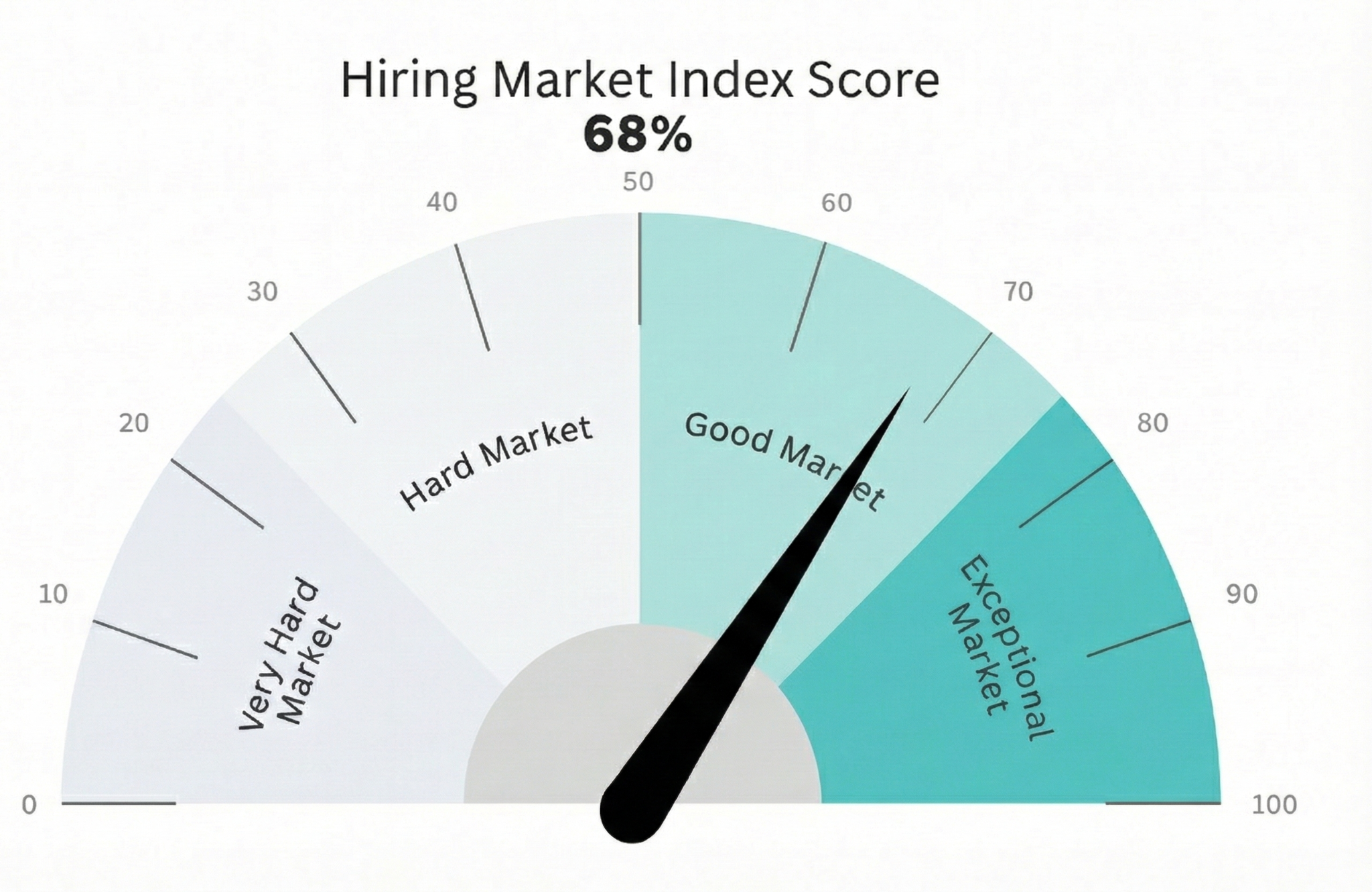
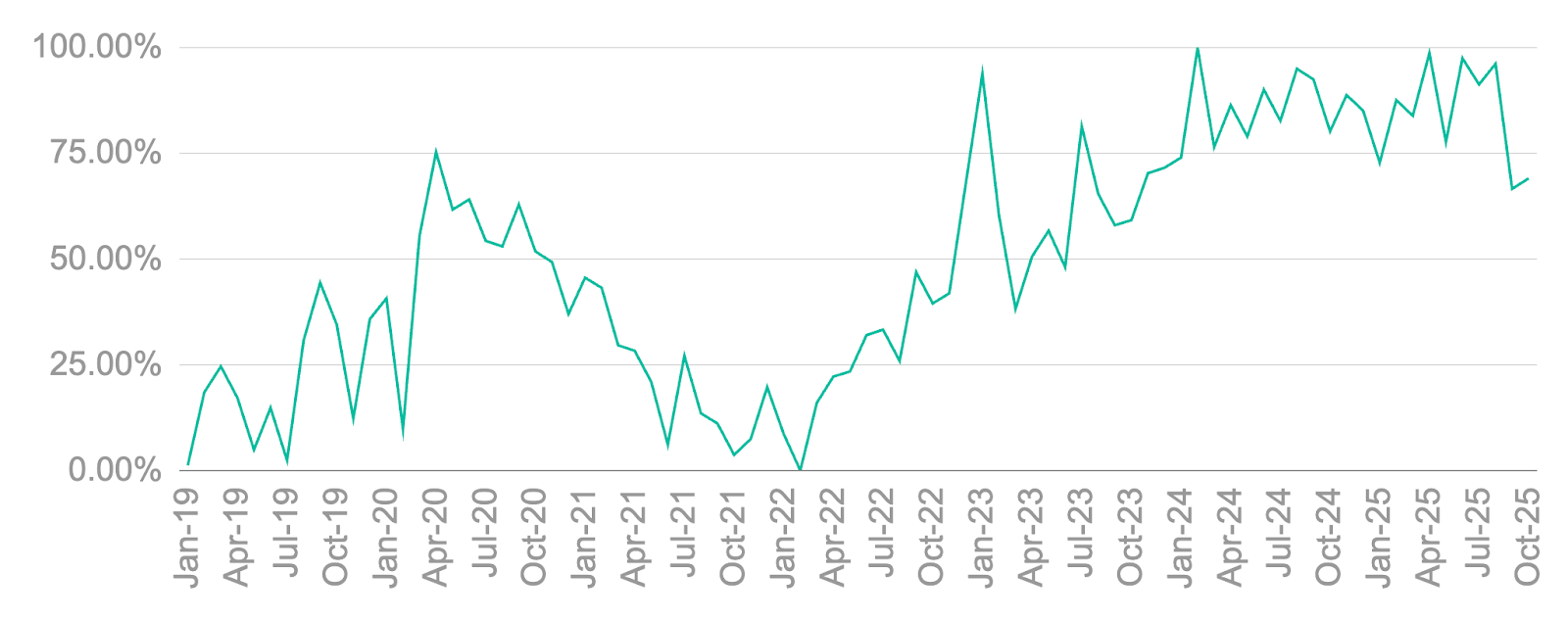
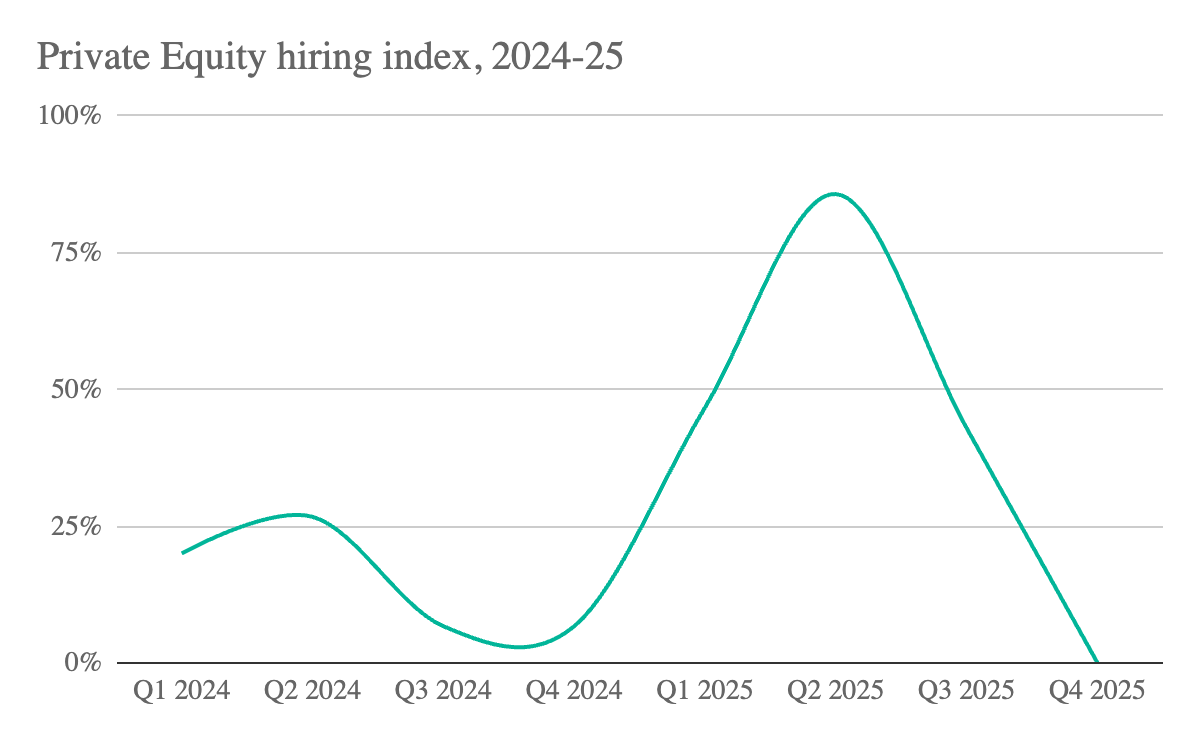

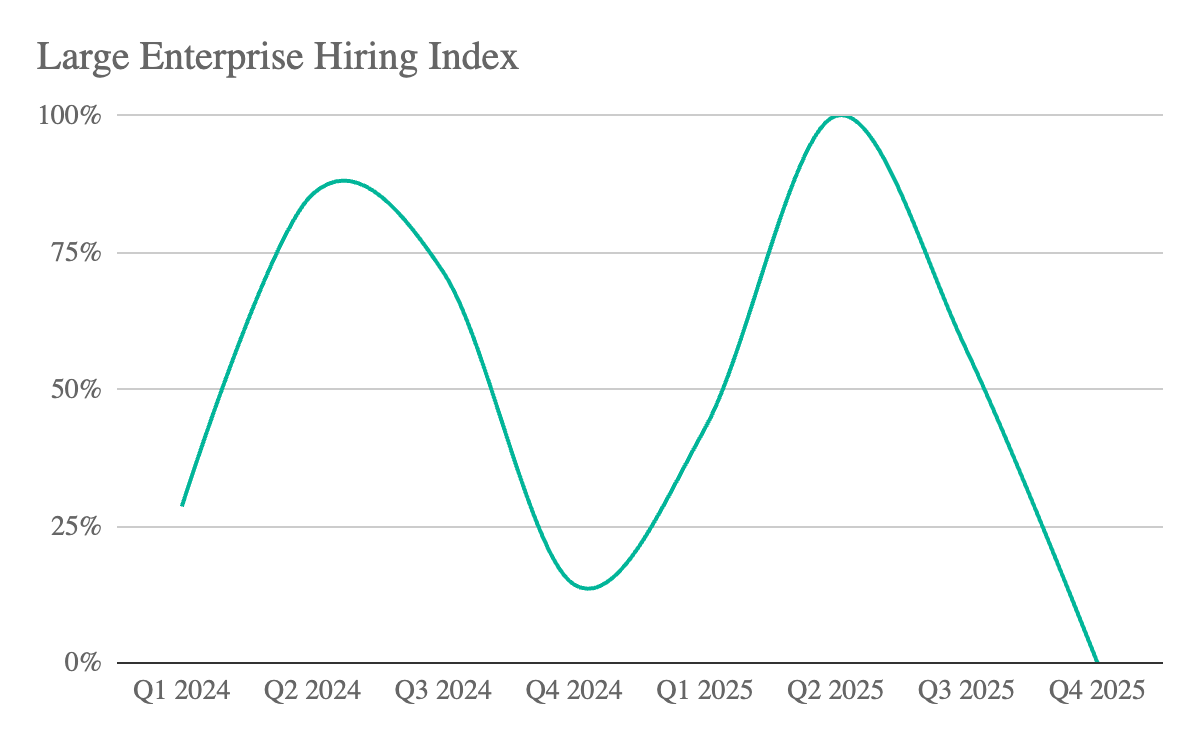
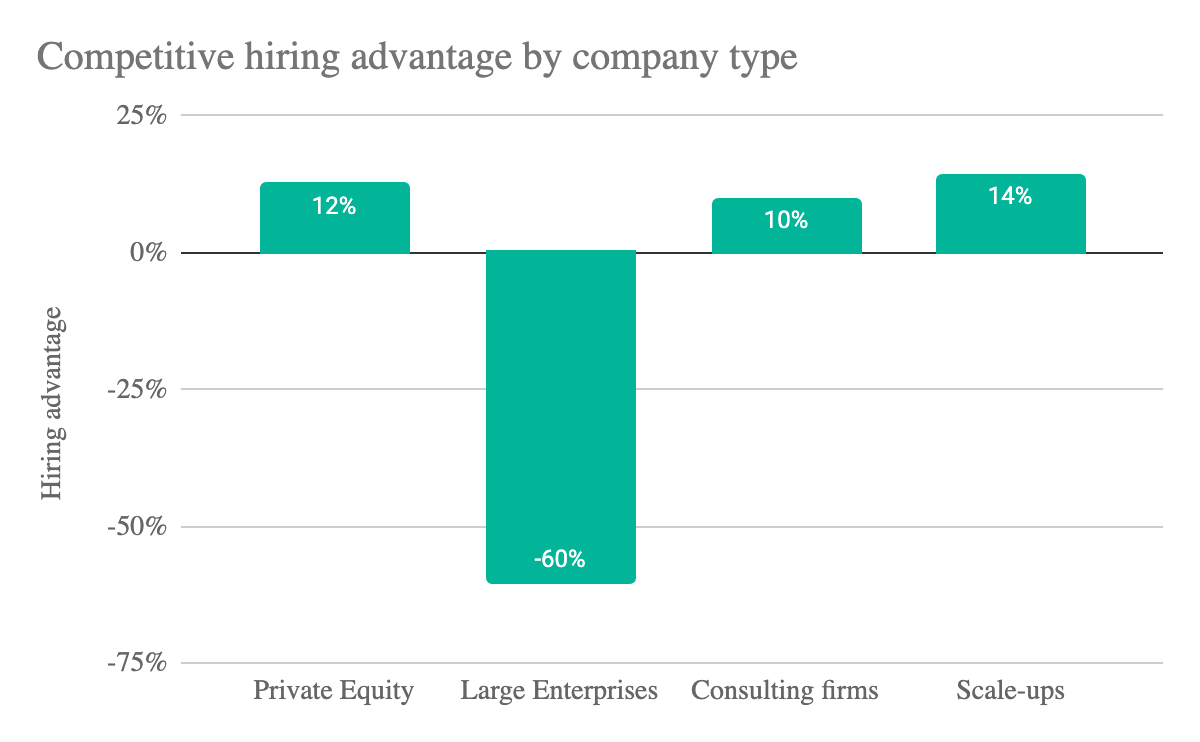
.jpg)

.png)
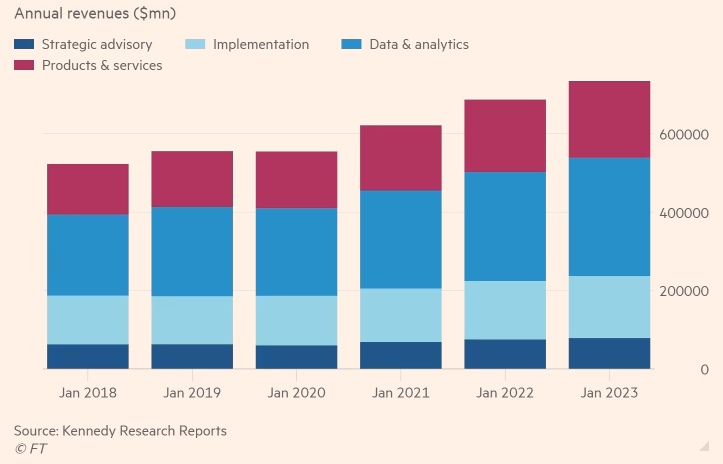
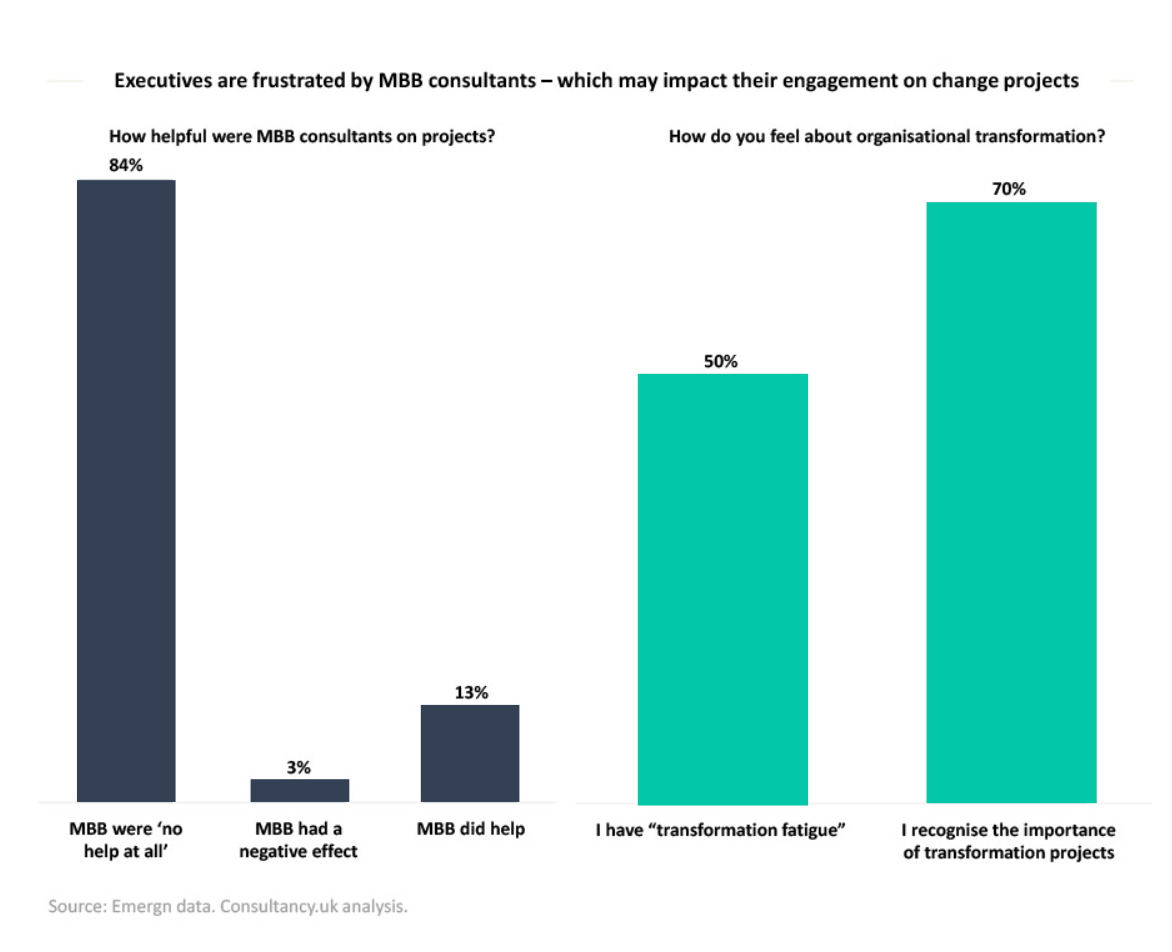
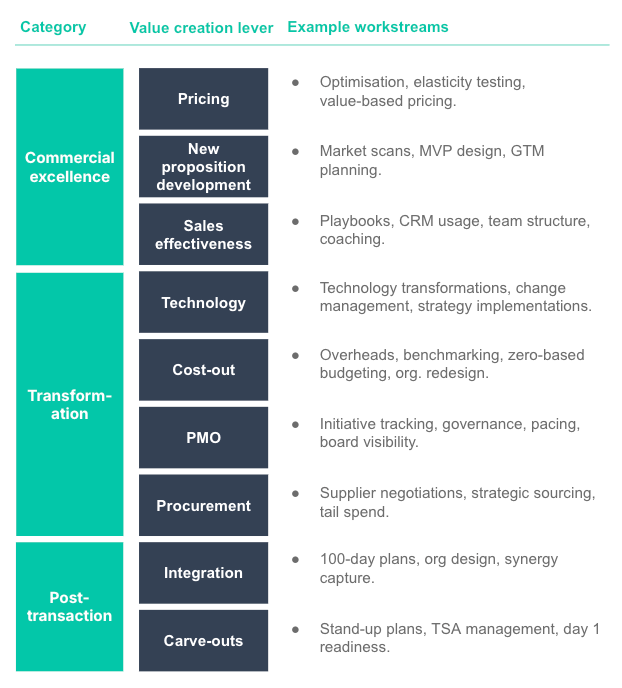

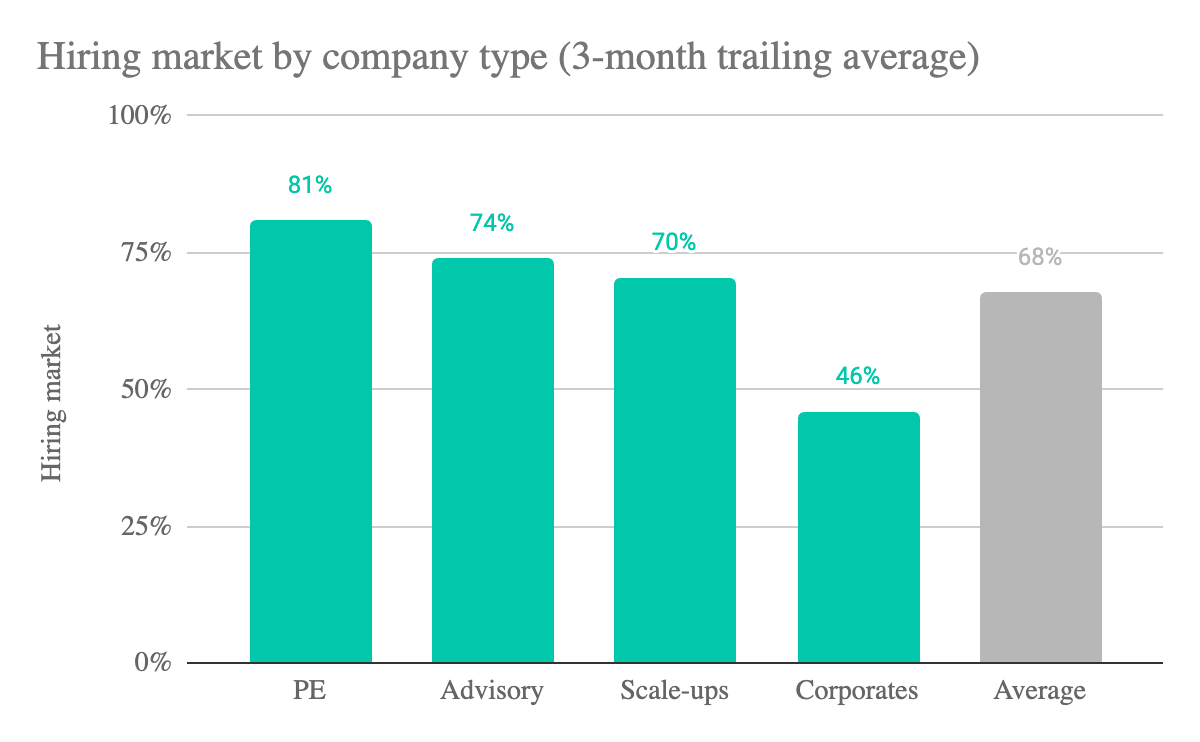
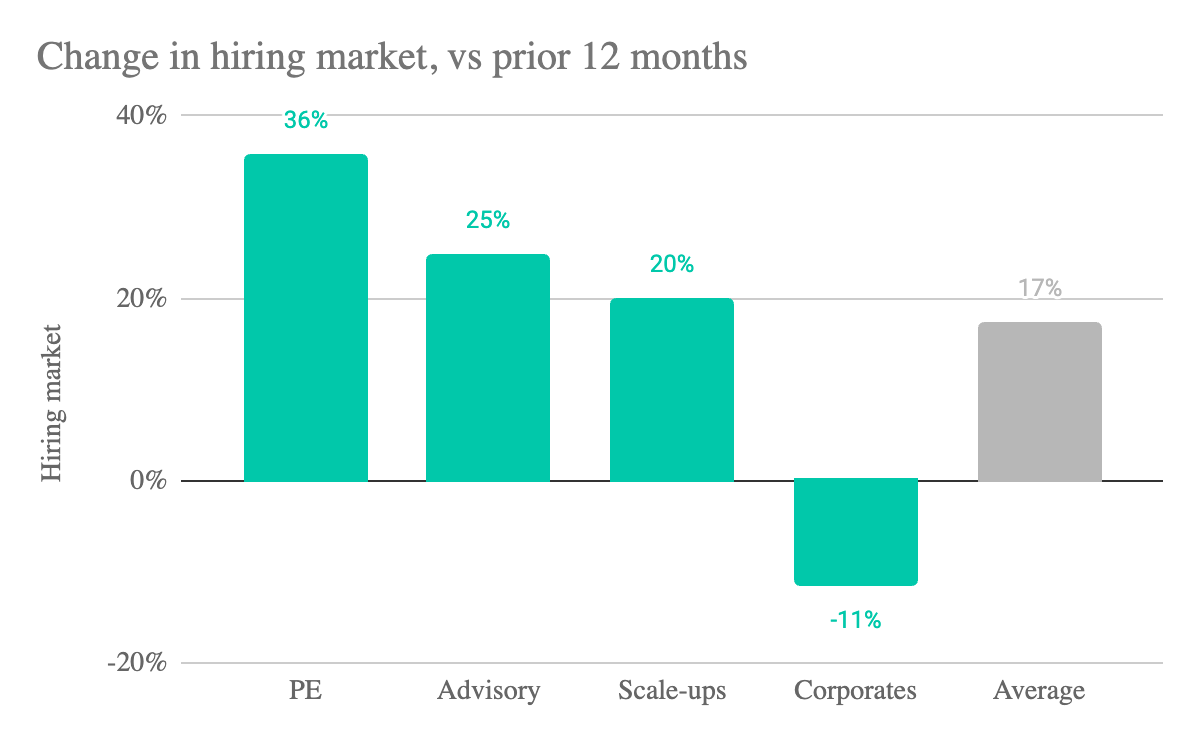


.jpg)
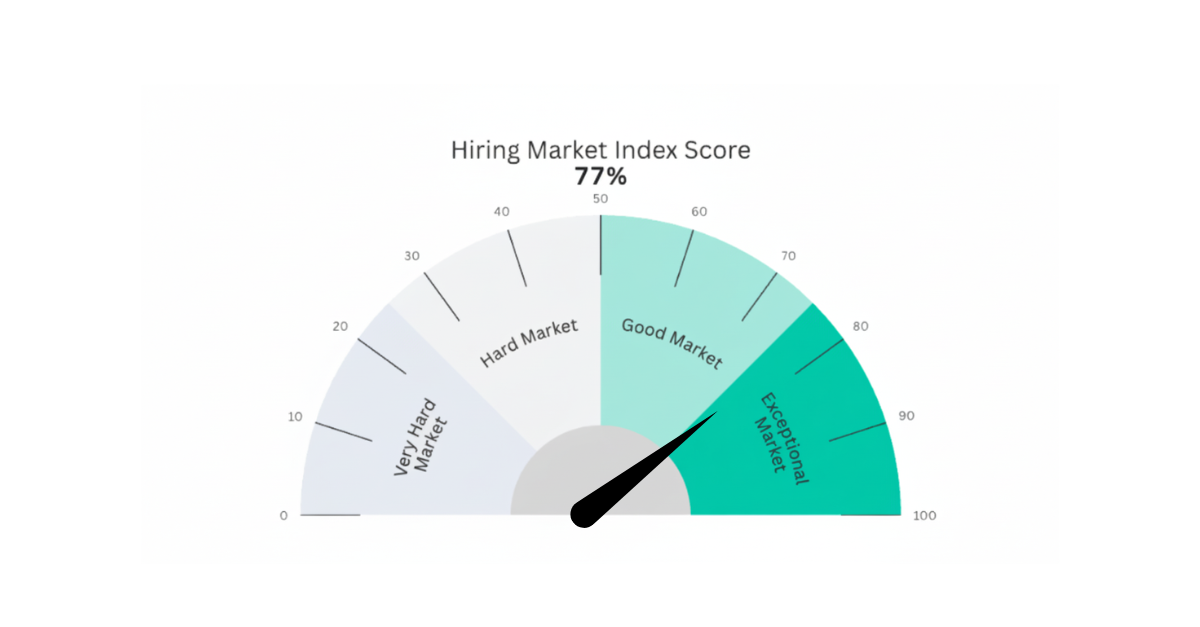

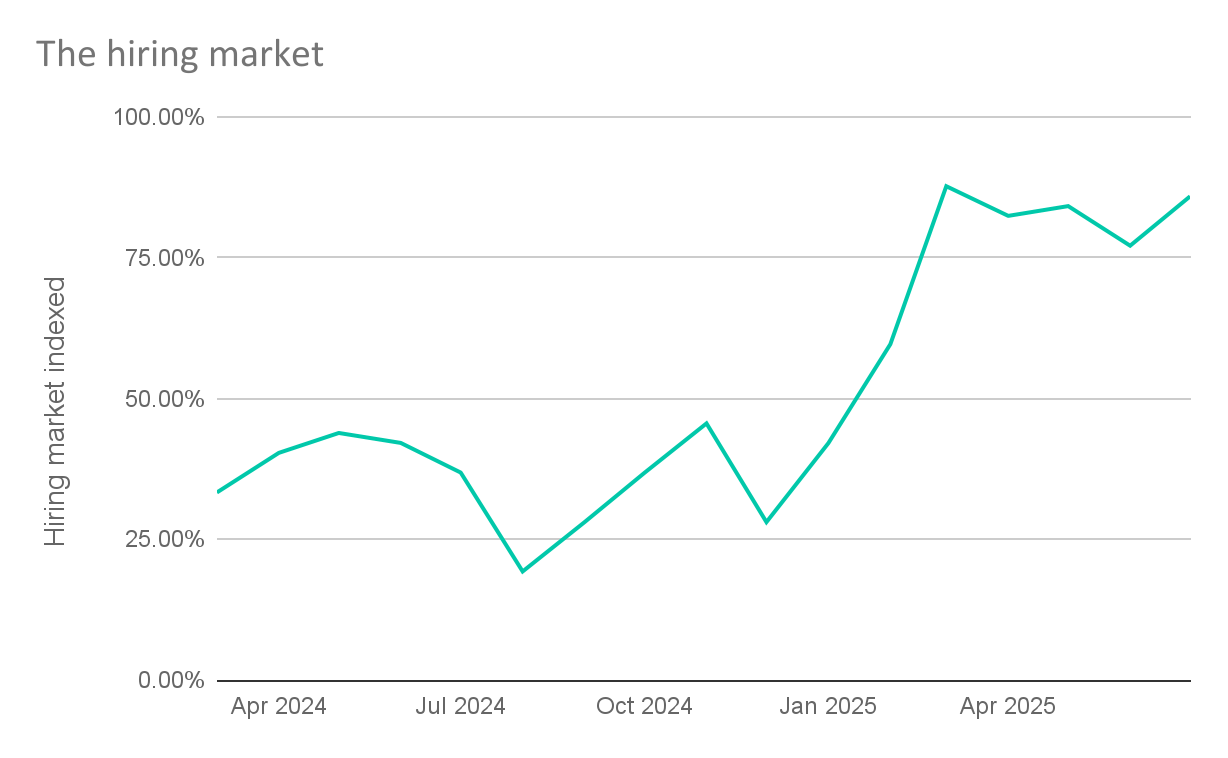



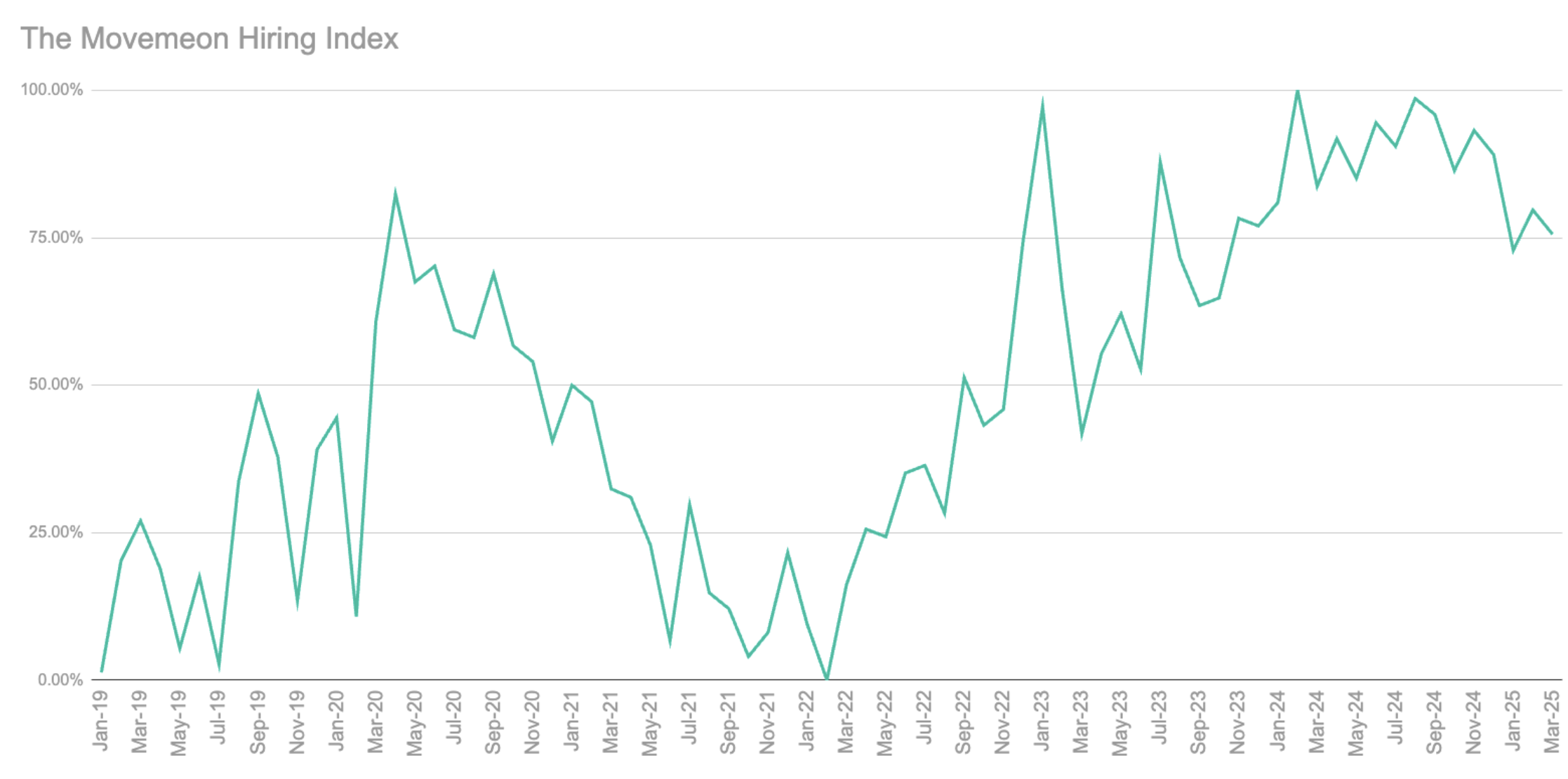



















.jpg)

